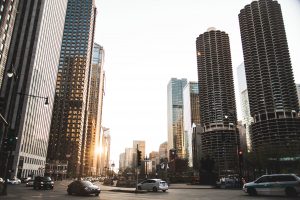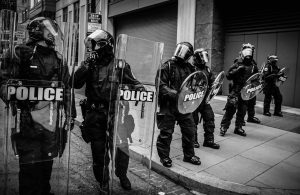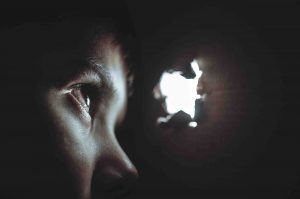 The Chicago legislature has recently put laws in place that allow farmers to grow industrial hemp. This is a replacement of the old regime under which such actions were barred. A system of permits ensures that issues of public safety and good conduct are taken into consideration. Hemp belongs to the family of the cannabis plant. Although it can be used as a narcotic in sufficiently strong concentrations, it is also used to make textiles as well as paper-based industrial products. Farmers could potentially earn an income from this plant that is also on the banned list of substances. The old law was caught between encouraging genuine commercial activity and preventing the large-scale production of potential narcotics. The initial plan was to allow the cultivation for research purposes and then move on to commercial production for non-narcotic usage.
The Chicago legislature has recently put laws in place that allow farmers to grow industrial hemp. This is a replacement of the old regime under which such actions were barred. A system of permits ensures that issues of public safety and good conduct are taken into consideration. Hemp belongs to the family of the cannabis plant. Although it can be used as a narcotic in sufficiently strong concentrations, it is also used to make textiles as well as paper-based industrial products. Farmers could potentially earn an income from this plant that is also on the banned list of substances. The old law was caught between encouraging genuine commercial activity and preventing the large-scale production of potential narcotics. The initial plan was to allow the cultivation for research purposes and then move on to commercial production for non-narcotic usage.
The Illinois Department of Agriculture is intimately involved in all the proceedings so as to ensure appropriate oversight. The Drug Enforcement Administration (DEA) previously classified hemp as a Schedule 1 Drug. That meant that farms could not legally grow it, certainly not on an industrial scale. The classification was based on the findings that the drug had a high potential for abuse. Those who dispute the classification argue that hemp contains only trace elements of the offending substance known as tetrahydrocannabinol, or THC. This is indeed the psychoactive chemical that is known to create a high for marijuana users. Over time, a number of states (now numbering 16) have gradually legalized the production of hemp for commercial purposes. By 2014, Illinois had put legislation in place to allow for the growing of hemp by State Universities and the Department of Agriculture.
The Narcotic with Huge Potential
 Chicago Criminal Lawyer Blog
Chicago Criminal Lawyer Blog











